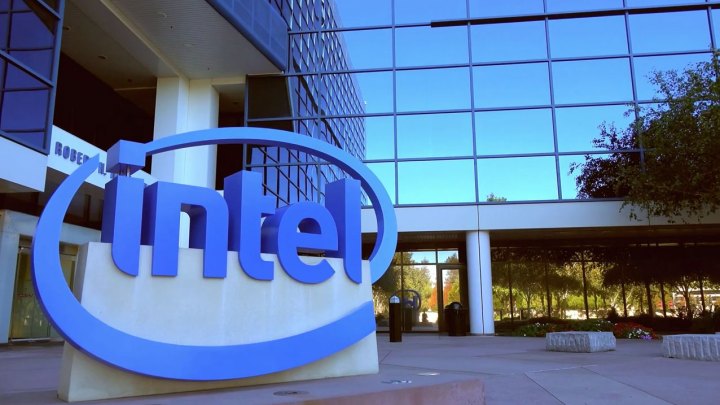
Intel is selling 51 percent of its stake to TPG, a private equity firm. TPG will also be investing $1.1 billion into McAfee, which will now be independent of Intel but the chipmaker will retain a 49 percent stake and get $3.1 billion in cash.
McAfee, the cybersecurity company founded by the notorious John McAfee, was acquired by Intel almost six years ago for $7.7 billion. The purchase was intended to help Intel diversify away from PC dependence and gain traction in the burgeoning cybersecurity space, but things didn’t quite pan out with other firms holding a stronger market share.
In 2014, Intel rebranded McAfee as Intel Security in an attempt to distance itself from its colorful founder. The company will now revert back to the McAfee name once the deal is closed, which is expected to happen by mid-2017. Intel Security general manager Chris Young is taking over as CEO.
In a statement, Young said that McAfee, with the support of Intel and TPG, was in a position to regain a strong foothold in the cybersecurity industry.
“There is no shortage of buzz around cybersecurity these days,” he said. “Those of us in the industry, and those defending their businesses and families, have the unique privilege of standing on the good side of a fight that is too important to lose.”
Intel has had a rough couple of years. In April it announced that it was cutting up to 12,000 jobs globally as part of a dramatic restructure of the company. At the same time, it has continued its mission to find new technologies and sectors to turn to in the face of ever-decreasing PC sales. This week it purchased Irish start-up Movidius, which develops computer vision chips for VR and drones, for a reported $350 million.


